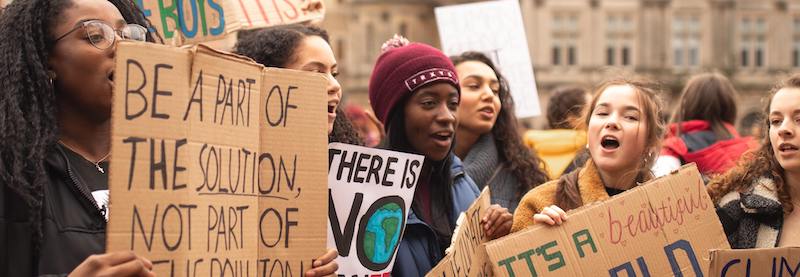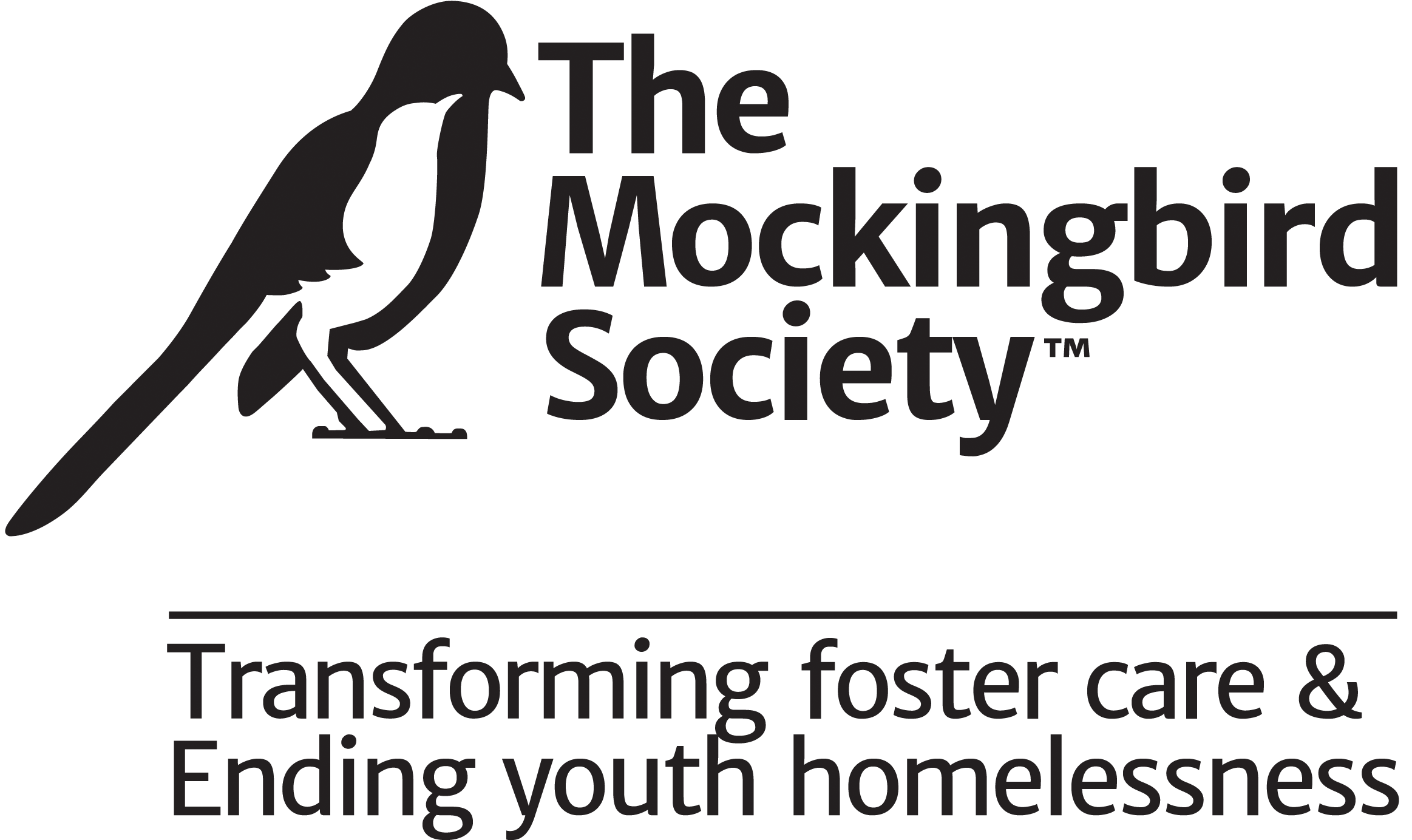
Our Collective Power is Strong
The child welfare and homelessness response systems perpetuate structural racism. Black and Native American children are placed into child welfare at far higher rates than white children, even though their rates of maltreatment do not differ dramatically. Similarly, Black youth are six times more likely, and Native American youth are twice as likely to experience homelessness than white youth. The reason for this is painfully obvious. Racial overrepresentation in foster and homeless youth is tied to the decision-making processes of Child Protective Service agencies, biases of workers, governmental policies, and economic injustice – the roots of which all lie in institutional and structural racism.
Non-profit agencies have a responsibility to do more to ensure that institutional racism and white supremacy do not continue to perpetuate disparities among communities of color. Police brutality is the most immediate aspect of the racism and lays bare the distinct inequities among us.
As a non-profit leader, I am committed to listening to those who speak for change and to work even harder toward justice and equity. As an agency, Mockingbird is committed to ensuring that the policies we champion are informed by those disproportionately impacted by them. We must be more intentional and better at combating the structural and systemic racism that is inherent in the institutions we are transforming. And we join in solidarity with our partner agencies to fight against racial injustice.
Dismantling oppression requires an examination of all the mechanisms that allow it to perpetuate. At a recent youth-led march in South Seattle, youth advocates called for education reform and police defunding, which is a call to invest differently in our community. If we are to move to an anti-racist society, we must equitably reallocate funding to education, public health, housing security, and poverty reduction.
The path towards systemic reform is long – as evidenced by many of Mockingbird’s legacy reforms that took years of advocacy by our young people to accomplish. But we must keep our focus. We must continue to support the young people at Mockingbird and elsewhere who are again leading the way. They are showing us we are not without agency to change the structures and institutions that govern our lives. They are reminding us that we, the people, are the government.
Youth voice is the voice of change. Their voices speak out against inherently racist policies and demand that we institute meaningful change to all the systems of oppression to Black, Brown, and Indigenous communities. In the words of Mockingbird’s Board President and Vice President, “The legacy we want to leave for our children and their children's children is not one of division but of hope, peace, justice, equality and allyship. Our world and our kids need us right now.”
Mockingbird will continue to push for policies that are informed by the people most impacted by them. And for policies that prevent disproportionate entries into the system altogether. We envision a reality where outcomes for families and young people within these systems are not predicable based on race. I invite you to join us as we work together make this vision a reality. Our collective power is strong, and in this moment, the power of the people moves toward equity.
We cannot look back. We will not go back.
In solidarity,
Annie Blackledge, Executive Director
